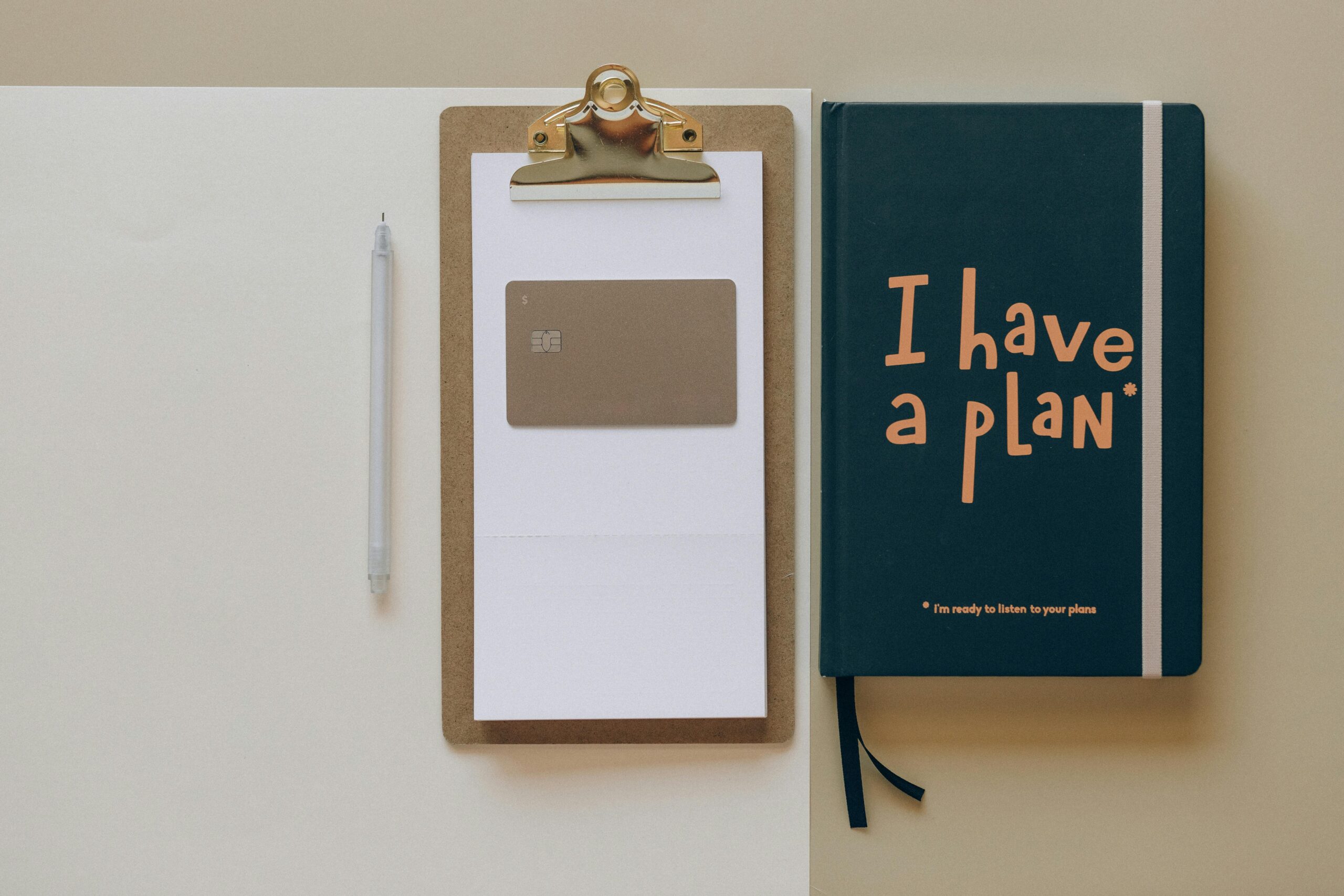Create Your AuDHD Decompression Plan
By Michelle Labine, PhD
May 18, 2025
If you live with AuDHD, your nervous system likely swings between hyperfocus and shutdown, perfectionism and paralysis, over functioning and emotional exhaustion. You may “keep it together” until your body can’t anymore.
A decompression plan is not a luxury. It’s a form of self-rescue.
- Know Your Signals
What are your early signs that you’re headed toward a crash?
Tight chest
Headaches or jaw clenching
Irritability / snappy responses
Avoiding messages or tasks
Increased scrolling / zoning out
Crying easily or feeling flat
Sensory overload
Feeling like everything is “too much”
My signals look like:
__________________________________
__________________________________
- Create a Nervous System Reset List
These aren’t “rewards.” They’re essential maintenance for your brain and body. Choose things that bring you sensory calm, emotional safety, or mental spaciousness.
Quiet lighting or weighted blanket
White noise, ambient music, or nature sounds
Long bath or shower with no time limit
Low-stakes reading or familiar shows
Gentle walk or stretching (no performance goals)
Cancel something. Anything. Rest is productive.
What helps me reset:
__________________________________
__________________________________
- Reduce Input
Your brain is likely overstimulated. Reduce what’s coming at you.
Turn off notifications
Put phone on “Do Not Disturb”
Use earplugs or headphones
Close extra tabs or lights
Delay non-urgent conversations
Boundaries I can set to reduce input:
__________________________________
__________________________________
- Reassure Yourself
Sometimes the crash comes with shame. Try to meet yourself with care, not criticism.
“It’s okay to rest.”
“I don’t need to earn recovery.”
“I’ve done enough.”
“I’m allowed to take up space even when I’m not producing.”
The words I most need to hear are:
__________________________________
__________________________________
- Build in Recovery Windows
If you know a high-output period is coming, plan the recovery time too. Treat it like part of the process—not an afterthought.
- After big social events → Plan solo time
- After deadlines → No new commitments the next day
- Weekly → Block “white space” in your schedule
- Monthly → Schedule a nervous system day with no tasks
How I can protect my recovery time:
__________________________________
__________________________________
- Normalize the Cycle
You are a cyclical being. You can still be creative, committed, brilliant, and inconsistent.
That’s your rhythm.


